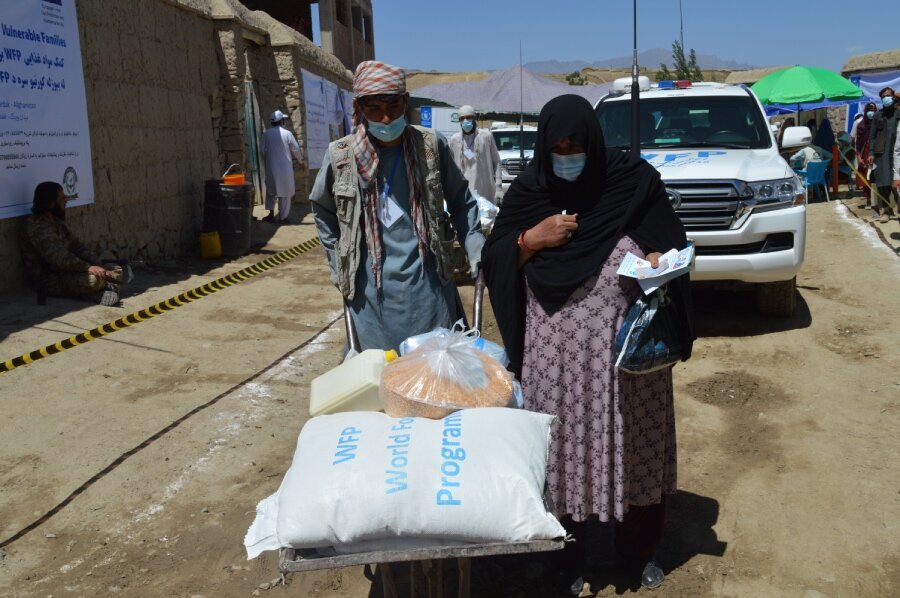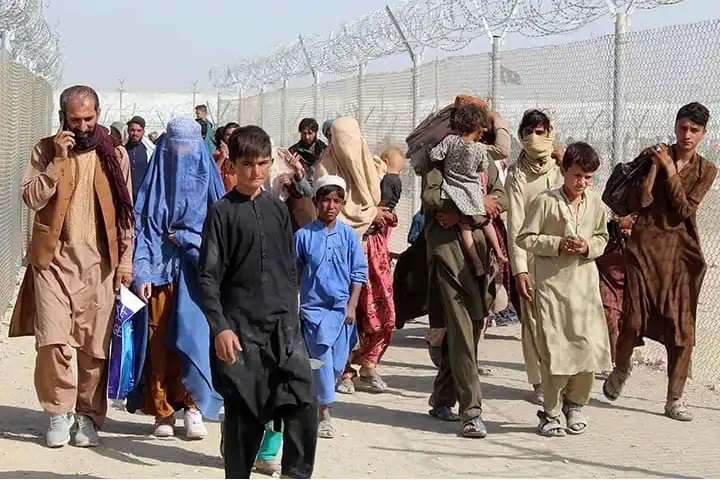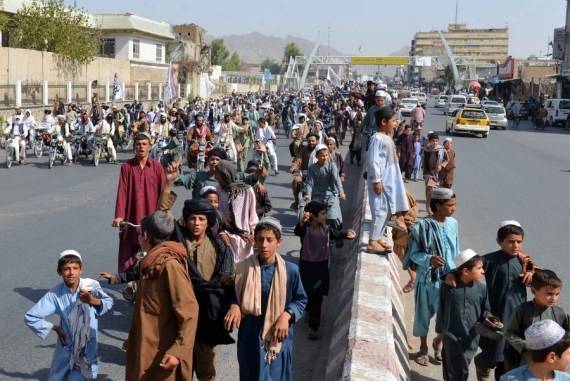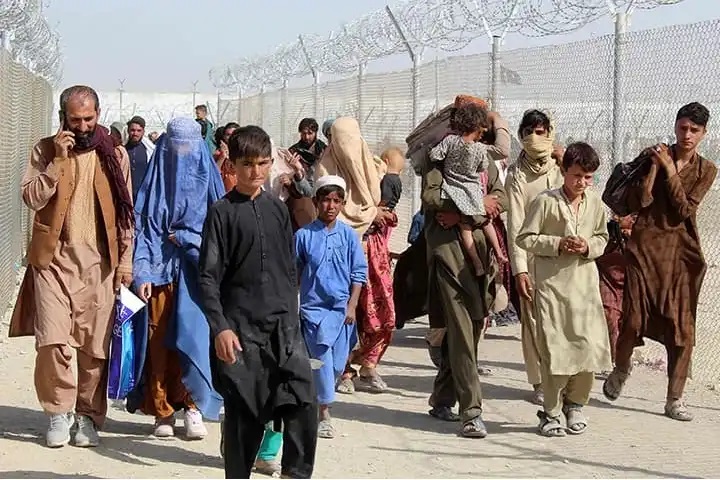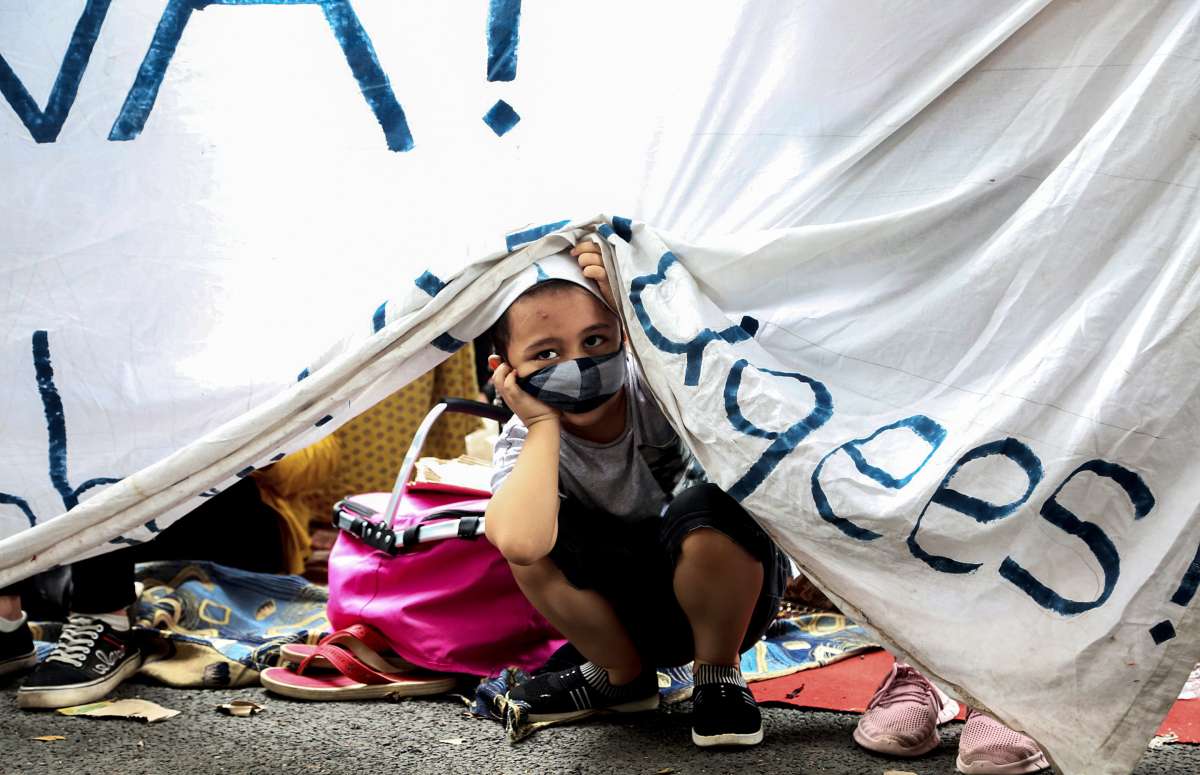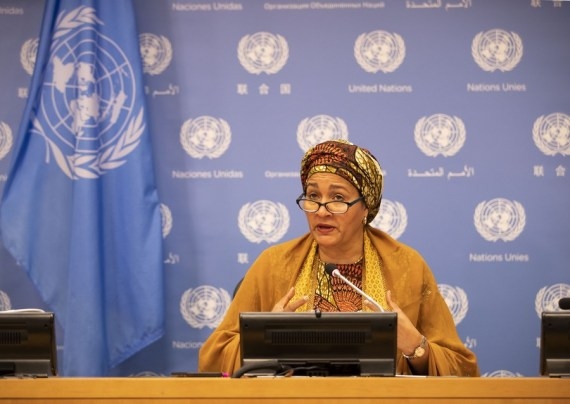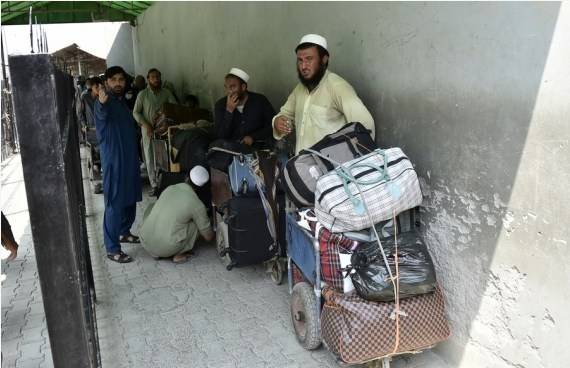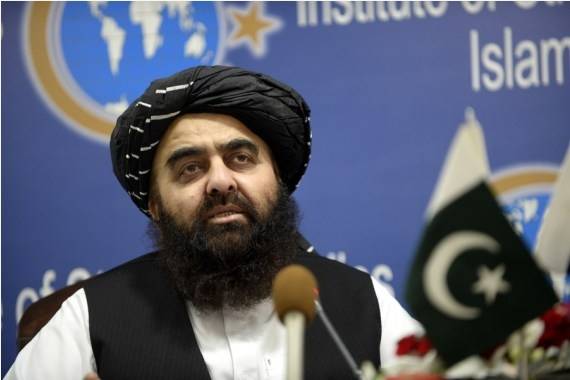With only a few weeks until the harsh Afghan winter sets in, these funds are crucial to preparing food supplies and helping those in most need…reports Asian Lite News
As Afghanistan continues to grapple with a food crisis amid a deteriorating economy, the World Food Programme has appealed for USD 400 million to provide for the communities in the Taliban-ruled nation, according to Khaama Press.
As winter draws near, the World Food Programme (WFP) in Afghanistan has an enormous challenge to meet, which is to provide food supplies for vulnerable people.
With only a few weeks until the harsh Afghan winter sets in, these funds are crucial to preparing food supplies and helping those in most need.
Over 29 million people are impacted by Afghanistan’s ongoing humanitarian crisis, which is among the worst in the world. Remarkably, more than 90 per cent of people are below the poverty level, and almost 17 million people experience severe food insecurity, Khaama Press reported.
The enormity of the issue highlights how important it is for organisations like the World Food Programme to take action in this grave scenario. Recent occurrences, like the terrible earthquakes in Herat and the deportation of refugees from Pakistan, have compounded the complexity of the situation.
The already severe humanitarian situation in Afghanistan has been made worse by these events, severely taxing available resources and hampering humanitarian efforts.
According to Khaama Press, the WFP’s request for USD 400 million in Afghanistan is an appeal to the international community to take action in the face of such formidable obstacles.
Since the Taliban seized power in Afghanistan, the country’s economic situation has deteriorated. The Afghans have repeatedly complained of lack of basic amenities under the interim government and the country is now heavily dependent on humanitarian aid.
A significant amount of humanitarian aid is needed to alleviate the long-standing problems of poverty and food insecurity, as well as to lessen the upcoming winter crisis. (ANI)

